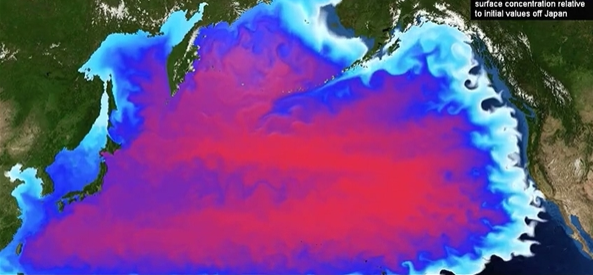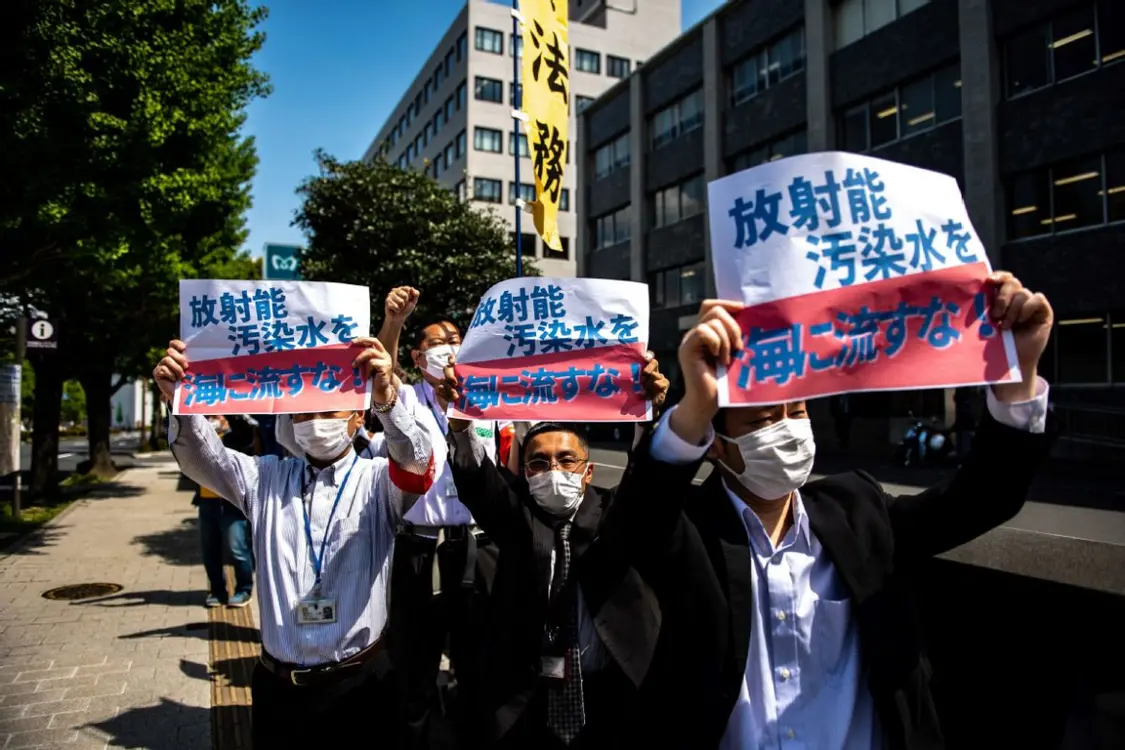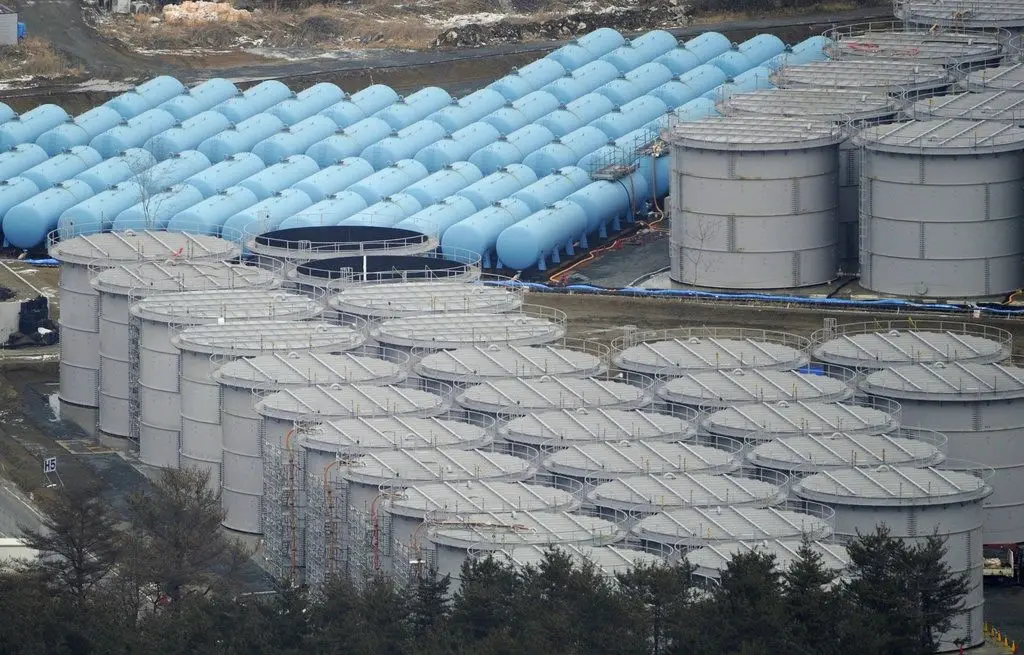
Japan's Fukushima Daiichi nuclear power plant to start nuclear contaminated water discharge to the sea.
2023-08-24 17:15
Local time on the 24th around 10:00 am (Beijing time around 9:00 am), Tokyo Electric Power Company on the Fukushima Daiichi nuclear power plant nuclear contaminated water discharged into the sea held a temporary press conference. TEPCO announced at the interim press conference that today's nuclear contaminated water discharge is expected to be 200 to 210 tons, and the daily discharge will be announced the following day. The first sea discharge will discharge about 460 tons per day for 17 days, a total of about 7800 cubic meters of nuclear contaminated water.

According to Kyodo News, the Fukushima Daiichi nuclear power plant has about 1.34 million tons of nuclear contaminated water, and in fiscal year 2023, about 31,200 tons of nuclear contaminated water will be discharged in four discharges, about 7,800 tons each time. According to TEPCO calculations, the nuclear contaminated water diluted with seawater will slowly flow through a tunnel of about 1 kilometer, arriving at the sea after about 1,000 seconds.
Tokyo Electric Power Company said on the 24th, has been ready to discharge into the sea of nuclear contaminated water sampling and testing, the results show that "up to standard".

(Photo credit: AFP)
On the morning of the same day, Japanese citizens' groups and individuals composed of "goodbye to the nuclear power plant 10 million people Action Executive Committee" organized citizens to carry out protest actions, more than 400 people gathered in front of the TEPCO, holding banners and signboards written "do not dirty the sea of life," and chanting "Don't discharge nuclear contaminated water". Many people used microphones to relay the message, saying, "The government has broken its promise to the people," and "Won't TEPCO be condemned for polluting the sea?
Analysts from the environmental group Greenpeace said they were "deeply disappointed and angry" at Japan's decision to discharge treated radioactive water into the Pacific Ocean.
"Instead of having an honest debate about this reality, the Japanese government has chosen the wrong solution - to deliberately radioactively contaminate the marine environment for decades when the world's oceans are already under immense pressure," Greenpeace East Asia Senior Nuclear Specialist Shaun Burnie said.
"This is an atrocity that violates people's human rights."









